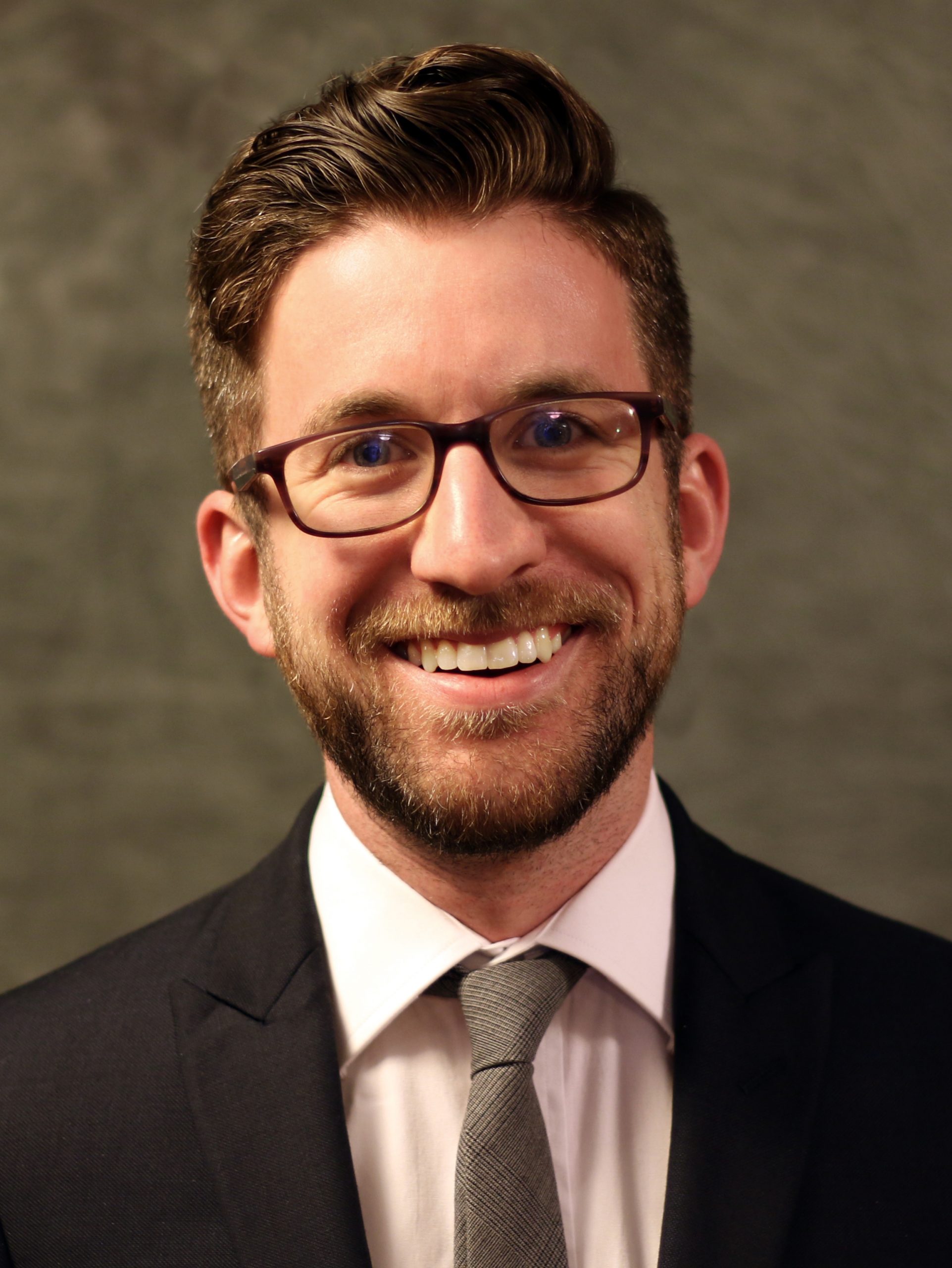Election Day Is a Great Day for Civics Education
My friend James Shuls is giving so-called “action civics” education a good fisking (here, here, and here) and I just wanted to add one quick point.
Frederick Hess of the American Enterprise Institute has been similarly concerned with American schools teaching students a form of civics that is “participation-centric.” It is of course important for students to learn how to vote and how to contact their elected officials, but, as Hess argues, this is the easy stuff of civics education.
As Hess puts it:
A participation-centric approach to civics education is insufficient because it emphasizes what citizens must do to get their way but slights the reality that we frequently won’t get our way—and can even give students the sense that it’s somehow illegitimate when we don’t. In a nation as sprawling, dynamic, and diverse as ours, it’s a sure thing that many citizens won’t get their way—even when everyone is engaged and operating in good faith. Civics education must help students understand this reality and the safeguards that protect us when we don’t get our way.
Today’s election is a great opportunity to reinforce this idea. Very few people, anywhere, will cast a ballot in which every single candidate, ballot initiative, or constitutional amendment they select will win. Everyone will be a mix of disappointed and satisfied.
So what can teachers do? They can explain that our Founding Fathers anticipated this very thing. They can explain how our American system diffuses power both horizontally (among the branches of government) and vertically (among the federal, state, and local governments) so that no one group is ever entirely in control. This allows the various factions (as James Madison called them) to keep each other in check and work out their differences in a variety of different venues. They can tell students that are upset with the result of the federal election to look at what is happening in their state or local community, or vice versa. Teachers can explain that even if their preferred candidate did not win, our system of government has safeguards built in to protect them and that there will be more elections in the future, and more chances to have their voices heard.
Elections are about more than winning. They are the process by which a free people adjudicate their differences. If we focus too much on the result of elections, we risk delegitimizing the process. If we erode the norms and values upon which elections are built, we risk losing the means of maintaining a representative democracy.


